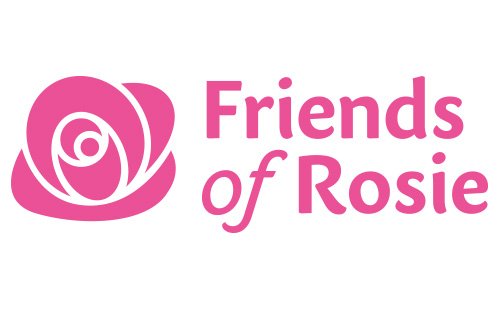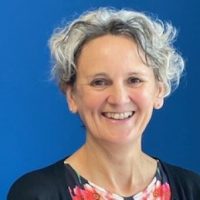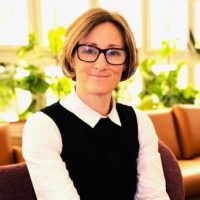Covid won’t stop us in our fight for children with cancer! We’re delighted that our newest childhood cancer research project has now started, following some delays due to Covid restrictions. We caught up with the research team at The University of Manchester to find out more about them and their priorities for the first few months of the project.
The project is looking into ways to decrease the risk of facial disfiguration in children with cancers in the head and neck. As children’s bones and tissues are still growing, current treatments for facial cancers in children can lead to disfiguration and a future of painful surgeries to correct the effects caused by the treatment. This pioneering new study looks to reduce those side effects to provide children with a better quality of life after treatment.
The research team is made up of Dr Marianne Aznar, Abigail Bryce-Atkinson, and Dr Rebecca Holley.
Can you tell us a bit about your background and what attracted you to childhood cancer research?
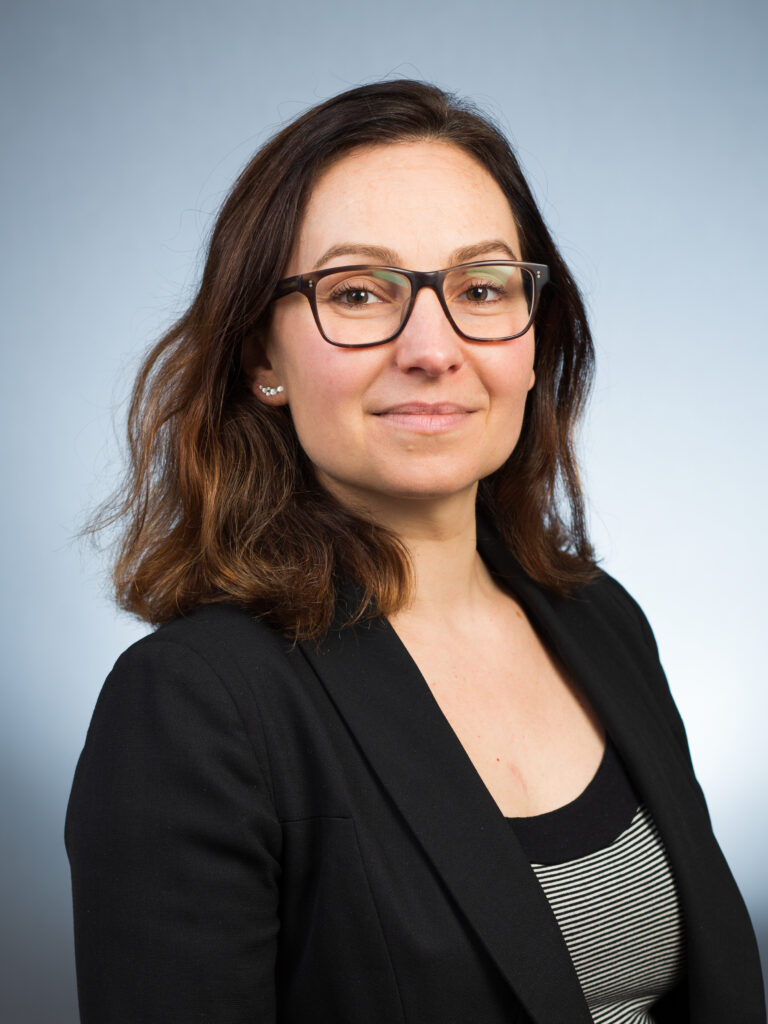
Marianne: “Having previously worked as a clinical radiotherapy physicist (healthcare scientist), I worked directly with cancer patients and saw first-hand the devasting effects of the disease on families.
“I was particularly interested in the late effects of radiotherapy. And so I worked in that field of research for around 15 years, predominantly with teenagers and young adults. I then brought my late effects experience to childhood cancer research in Manchester.”
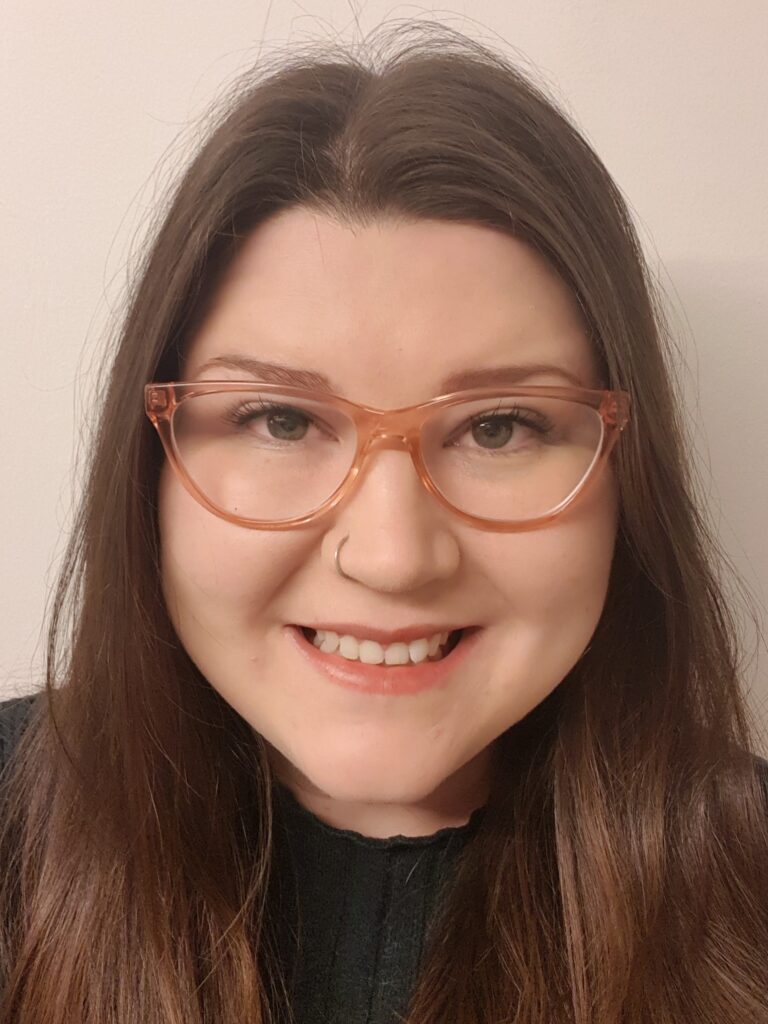
Abigail: “I’ve just finished my PHD on paediatric radiotherapy and had a particular interest in the effects of cancer and treatment on children. When children are treated with radiation, it affects their young, growing bodies in different ways than in adult bodies.
It’s really important to me that more research takes place to better understand the effects of treatment on children and to build the case for better and kinder therapies.”
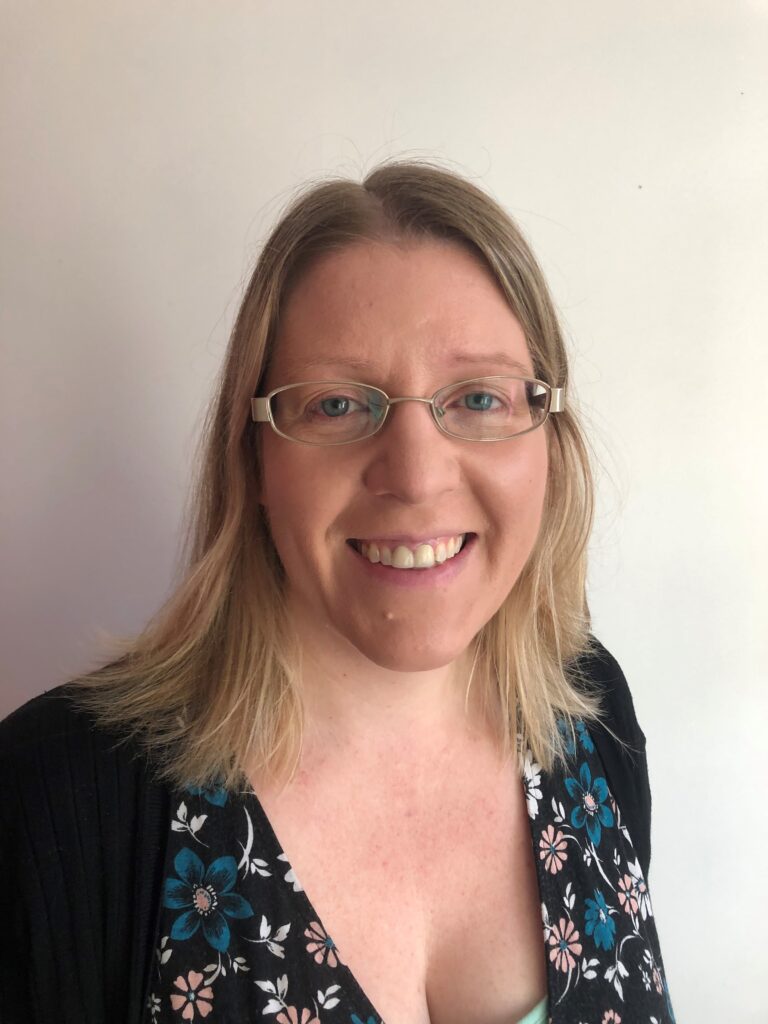
Rebecca: “I’m the Project Manager for this project. It’s my role to liaise with Marianne, Abigail, Friends of Rosie, and the wider university teams to ensure the project is on track in terms of objectives, budget, and reporting. Working with charities, such as Friends of Rosie, we appreciate how important it is to demonstrate that donations and funds are being spent in the best possible way.
“I have a biological background and have worked in other childhood diseases, particularly on gene therapy projects and trials. There is a lot of administration and permissions required in any medical research project, particularly with regards to children. So that’s why it’s important to have good project governance for every research project.”
What will you be working on over the next three months?
Marianne: “Covid has caused lots of issues with regards to access to the labs and working restrictions for many researchers. However, we’re quite fortunate in our team in that our project doesn’t need to take place in a lab. We can remotely access the data we need for our research.
“We’ll start by looking at images and scans of healthy children to compare to scans of children who have had face or neck cancers. Our focus is on a type of soft tissue tumour called, rhabdomyosarcoma.
“Up to 75% of children treated for head and neck rhabdomyosarcoma will experience some degree of facial underdevelopment as they grow. This can result in significant facial disfiguration, which can dramatically affect their quality of life.
“Our initial focus will be on developing a new method to measure facial disfiguration in children with cancers in the head and neck. We hope to then use this new method to better understand the effects of radiation on the growing skeleton of a child.
“Ultimately, thanks to Friends of Rosie and their supporters, we hope to enable “smarter” radiation treatments, leading to a decreased risk of disfigurement in the future.”
Are you collaborating with any other teams on this project?
Marianne: “We will be working closely with Dr Gillian Whitfield, who is Consultant Clinical Oncologist and Clinical Oncology lead for paediatric CNS tumours here at the Christie. Additionally, Dr Eliana Vasquez Osorio, an expert Computer Scientist within our research group, on some of the techniques we will be using in this project.
We are working with Emma Foster-Thomas in the School of Dentistry at The University of Manchester to better understand the effects of radiation on growing teeth. In fact, this is the first ever research project developing specific methodology to look at the interaction between radiation and dentistry.
“We have also met virtually with Dr Indelicato in Florida. Dr Indelicato is an established cancer researcher; whose research focuses on decreasing the acute and late side effects of radiation in children and young adults. We are discussing potential future research collaborations in this area.”
We’ll be following Marianne, Abigail, and Rebecca over the coming year as their research progresses. We look forward to sharing with you the impact of your vital donations to Friends of Rosie and the difference you are making to children with cancer.
